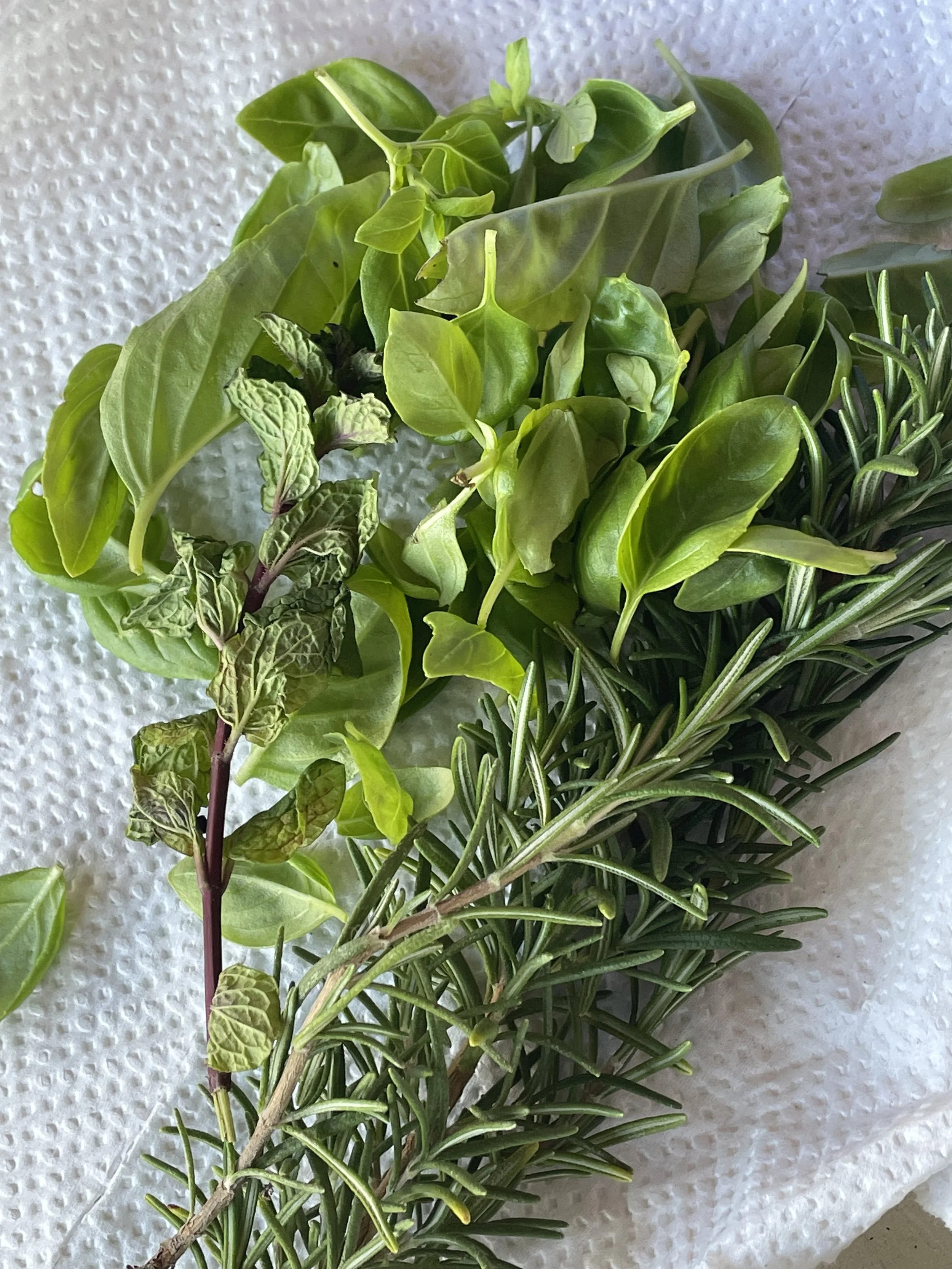Kapha Dinacharya
Ayurveda considers good lifestyle routines really important in balancing Kapha Dosha. You can balance kapha’s cold, heavy and slow nature by favoring more warm, dry and stimulating activities. It is important to switch things up once in a while because Kapha’s will get into too much of a routine. Switching it up may mean changing your route to work or trying a new kind of tea or coffee in the morning.
Small things will make a big difference if you become aware of them and make an effort. As a Kapha person, you are naturally inclined to keep a routine and stay calm and grounded, however, if you accumulate an excess of the Kapha elements: earth and water, you will notice yourself getting more sluggish and dull. It could also accumulate as a variety of health issues, including allergies, sinus problems, depression and obesity. To keep things moving generally, regular exercise is beneficial, no matter how much this dosha may try to avoid it. Move your body any chance you get. Try to avoid taking any naps during the day as this can be aggravating for kapha types.Kapha types should wake before 6 am, the period between 6am and 10am is a time where kapha increases its energy, so by getting up before this time, you can avoid the feeling of heaviness from sleeping in. When you wake up, drink a glass of warm water and sit in a comfortable seat, either in your bed or a specific spot for meditation. Sit for 15 minutes or longer if you can. Set an intention for your day. Massage your body with light oils; performing abhyanga on yourself, then rinse off with warm or hot water to remove excess oil. Nasya can also be very beneficial to this dosha, as kapha has a tendency to get congested. Practice yoga and make it upbeat and fun to stimulate your mind and body and boost your metabolism with some exercise. Many people with this constitution find that their stamina means that they are not really hungry till mid-morning. For Kapha, you are better off waiting until you are actually hungry before eating. Those with Kapha nature should wait longer than any other dosha because you have a naturally slower digestive system. You benefit from eating only two meals a day, one at 10am and the other at 6pm. This helps to keep Kapha dosha from further aggravation and returns it to balance. You have a naturally low fire in your digestive system so while two meals may not seem like enough, remember that with a kapha imbalance you already feel heaviness and body weight is usually above normal. By only eating two meals, you will feel light and more clear-minded. Be sure to bring your awareness to relaxing your mind and keeping it on the tasks that need to be completed, but to also let loose and have fun.
During the middle of the day, for those of you who are Kapha Dosha, you should have properly cooked meals with all six tastes, emphasizing on hot and spicy foods. Make sure to stay aware of every bite you consume. As a Kapha, you tend to overeat and are naturally slightly heavier. Stay in tune with your body, eat until you are about ⅔’s full. Your diet should consist of refreshing but warm foods like vegetable soup and bitter greens. Kapha is heavy, cool, oily, and smooth, so to balance that out, try to eat foods that neutralize these qualities. Look for foods that are light, warm, dry, and rough. Lunch should be the largest and most nourishing meal of the day. Build your lunches around lots of steamed and sauteed vegetables with beans, grains, etc. Eating at consistent times from one day to the next also helps to strengthen the digestive fire while regulating the appetite. You can counteract sluggish digestion by chewing a slice of fresh ginger with a pinch of sea salt, a few drops of lime juice, and about 1/4 teaspoon honey about 30 minutes before both lunch and dinner. This helps to prepare the digestive system to receive food and to process it effectively. During your meals, be sure to create a peaceful environment for yourself. Keep your focus solely on the act of being nourished so that your body knows; that was your time to indulge and feel that satisfaction. Aside from food in the middle of the day, another thing that you should do as a Kapha is moving your body. Try to get your heart rate pumping with a slight sweat. Try a challenging yoga class or find a new trail to hike, swimming is also a great exercise to get you moving. Switch up your routine as much as you can to avoid creating boredom around taking care of yourself. Put in the effort to make your journey a fun experience.
The evening routine is critically important because it lays the foundation for success with the morning routine. After your daily activities have come to a close, take a gentle nature walk to get your blood flowing and your mind relaxed. Note what has been said about food in the last two paragraphs about Kapha, I only add that dinner should be the lightest meal of the day and should be eaten about 2-3 hours before going to sleep. Soups and stews are a great choice for your last meal of the day, like Dal or lentils. Create a bedtime routine for yourself. Nothing crazy, especially to start out with, just a few simple practices to get yourself into the mindset of winding down for sleep. This may include brushing your teeth, washing your face, applying Kapha balancing oil to the feet and scalp, or any other soothing and quieting activities that appeal to you.
Take your time to get familiar with what works for you, bring one change in at a time. Start with abhyanga, try some breathing exercises, then incorporate yoga and/or meditation. Starting so many new practices can be overwhelming, but we are trying to calm your whole being, so whatever feels like it is helpful, that is what you should be doing. Trial and error is not your enemy. Everything is constantly changing and adapting, be ready for the ebb and flow of life, stay grounded and sure of yourself. Just like we are all different, each of the seasons arrives with its own unique personality too. We can support an improved state of balance throughout the year by making a conscious effort to live in harmony with the cycles of nature and by making small adjustments in our routines in order to accommodate the arrival of each new season. Similarly, if we are dealing with imbalances that do not line up perfectly with our constitutions, it may be helpful to adopt a routine that pacifies the dosha that is most aggravated.

